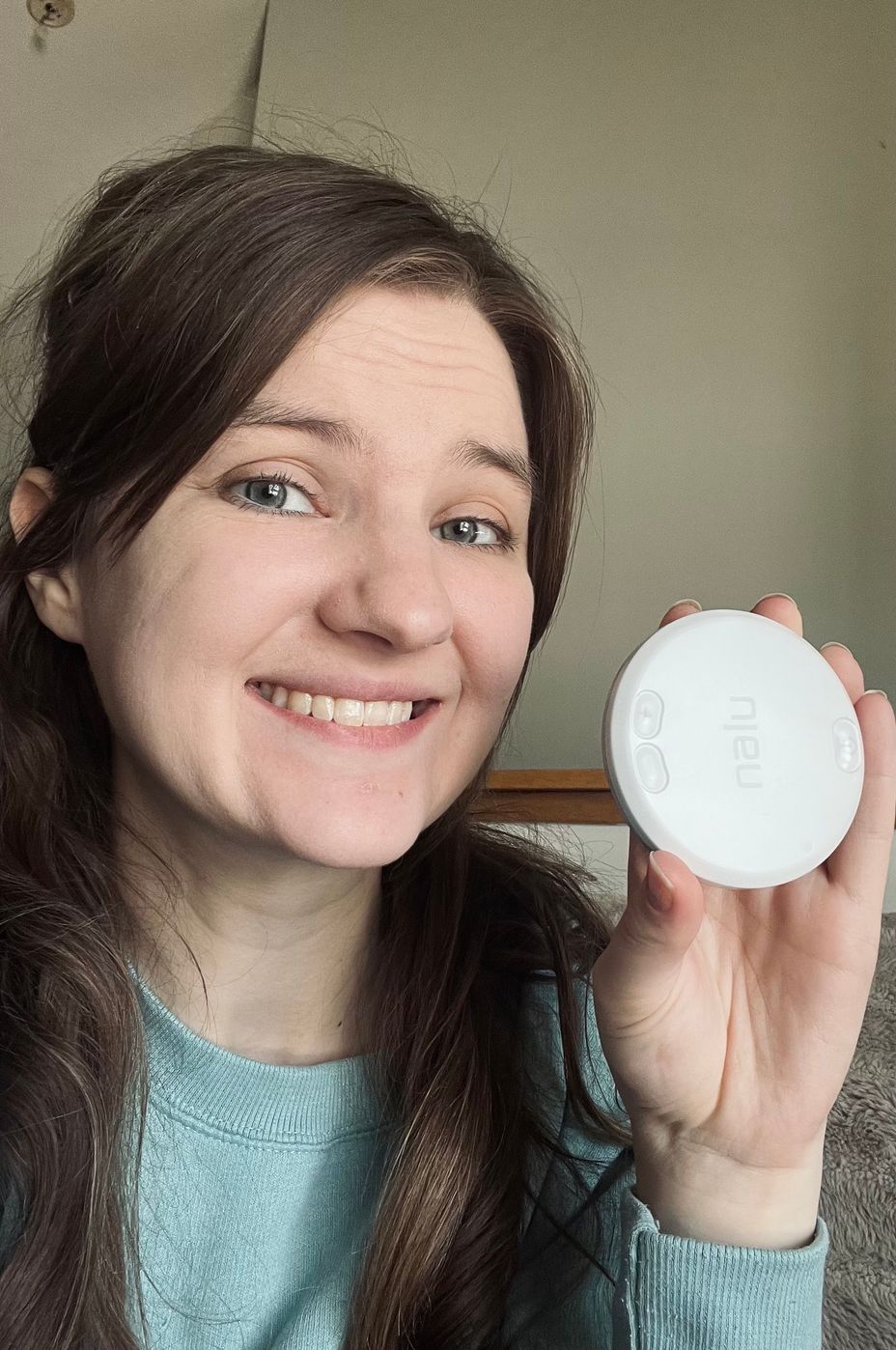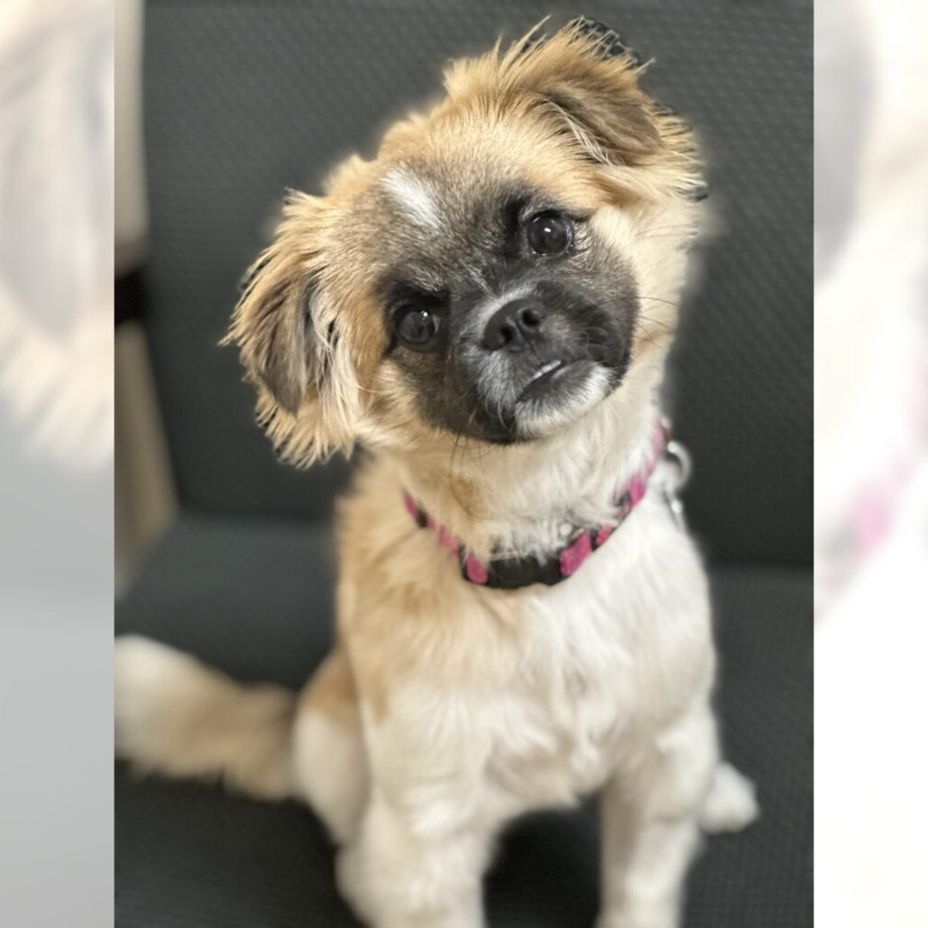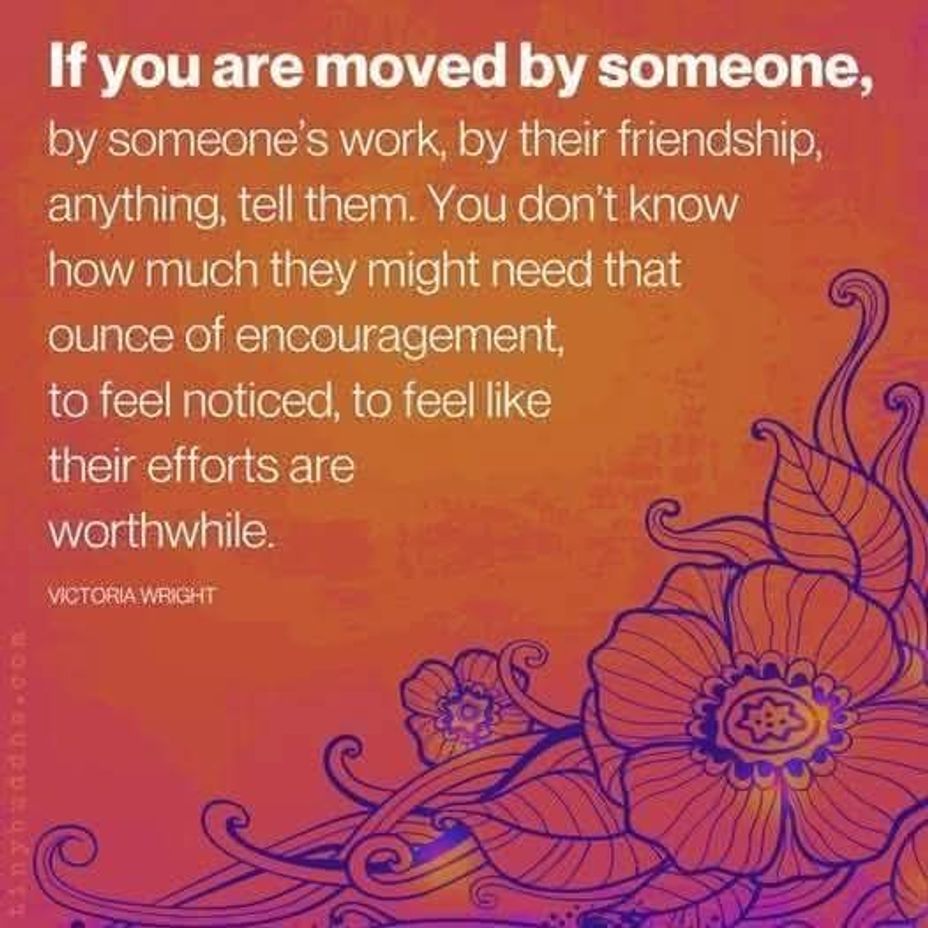Thoughts on my implanted Peripheral Nerve Stimulator (PNS) system
I’ve struggled with chronic head and neck pain for almost 20 years. Two years ago I had a Peripheral Nerve Stimulator (PNS) implanted. If anyone is looking into this as a pain control option, I’m happy to answer any questions! This is a snapshot of my experience thus far. It’s partly internal, partly external (the battery/generator is won outside). On the whole, I definitely recommend it! Especially as an alternative to spinal chord stimulation (SCS), as it is less invasive, longer lasting, and generally considered a safer option. I’ve had both systems, but the SCS kept getting infected and had to be removed multiple times. This system has a few minor drawbacks, like some discomfort at the implant site, difficulty keeping the external device connected, and issues with the construction of the therapy discs themselves (they’ve literally just fallen apart several times). So I can’t in good conscience wholly recommend the Nalu system. But there are other manufacturers, and the technology in general is wonderfully helpful in managing pain! My doctor is hoping to do a revision soon and switch to a system by Curonix, which should fix a few of those issues. It’s not perfect, but it’s a wonderful alternative to relying solely on pain medication! And on the whole, I recommend looking into it if you have difficult to treat nerve pain! Feel free to message me if you have any questions about it!
#ChronicPain #ChronicIllness #Headache #Migraine #OccipitalNeuralgia





